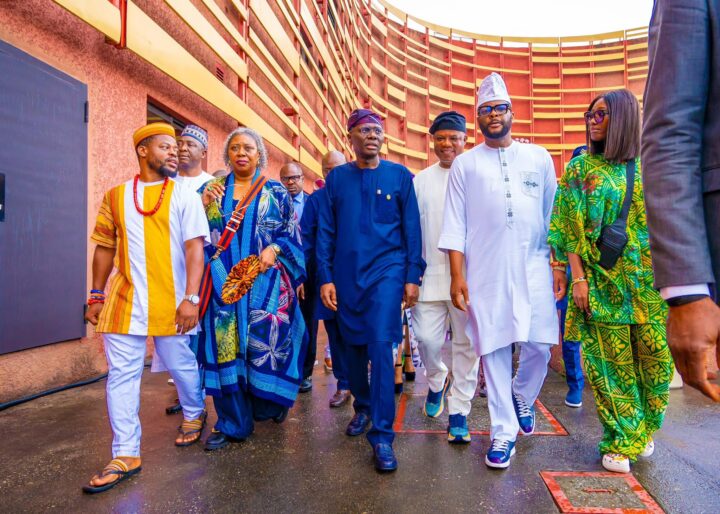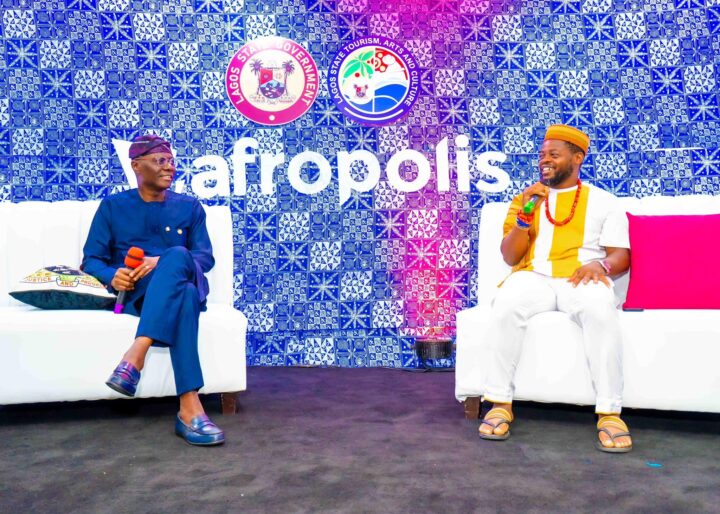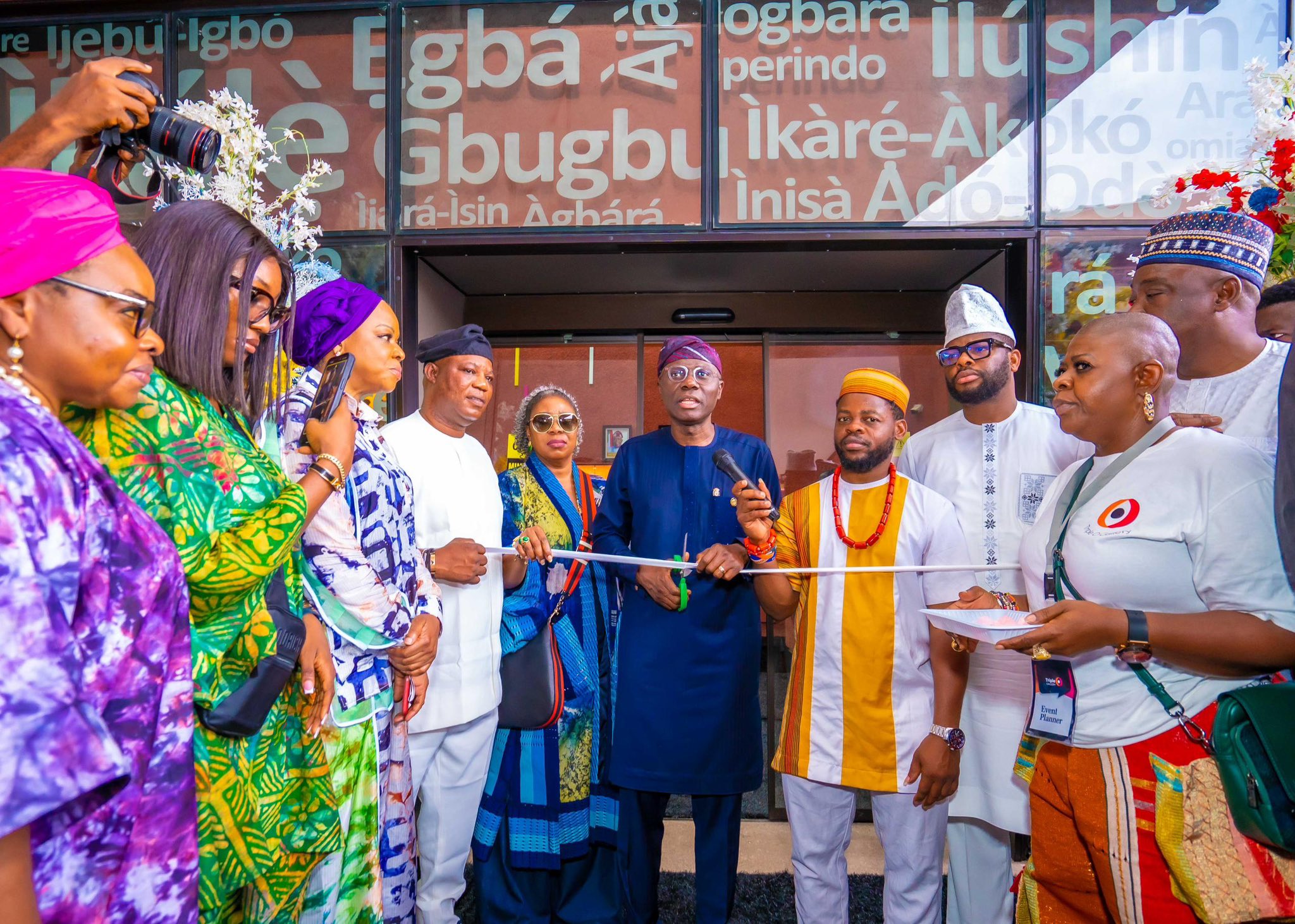Lagos Governor, Babajide Sanwo-Olu, has officially declared the museum in the J Randle Centre for Yoruba Heritage and Culture in Onikan open for public use, expressing his administration’s commitment to applying more efforts to bring out creativity and signposting Lagos as Tourism, Art, and Culture destination within the continent and beyond.
The museum, which exhibits historical, artistic, and cultural artifacts of the Yoruba, is a key component of the Centre, which was commissioned last year.
Besides, the governor also, at the event, which took place on Monday, appointed Mr. Qudus Onikeku as the Director of the Centre.

Speaking at an interactive session with creative stakeholders at JRandle Centre Onikan Lagos, Governor Sanwo-Olu said that the state remained the centerpiece of tourism and had the potential for Music, Film, Art, and Culture in Africa.
The governor, while embracing more participation from the private sector, said his administration would create an enabling environment for all stakeholders to thrive in the sector as a big enabler for the state’s economy.
This was just as he noted that it became expedient to quickly put the issue of inheritance at the front burner and ensure the need to pass on the baton of rich cultural heritage to the incoming generations.
“We need to bring back that inheritance and we must all ensure that we work with everyone that has access for us to bring it back so that we can now leave a rich cultural heritage for the next generation.

“This museum will now be a historic site that will talk about our history and Culture, so JRandle is our own attempt at bringing back that inheritance and showcase it to the world.” he said.
Governor Sanwo-Olu, while emphasising the need to ensure the repatriation of Yoruba inheritance towards building the heritage and bringing the past, present, and future into one location, urged the museums that still hold on to the artifacts to return them back to the original spots.
He described the JRandle Centre as strategic to the historical connection of Nigeria, even as he berated the rejection of speaking the local dialect in schools which he noted was the beginning of the problem in the country.
Speaking further, Governor Sanwo-Olu, while emphasizing that Lagos remained the capital of Tourism, Fashion, and Entertainment in Africa, which he said propelled the strategic positioning of Entertainment and Tourism as part of the pillars of the developmental Agenda of the government, noted that it is a place that one “cannot say enough.”
“Lagos is uniquely different, It has a unique Keremesi and the state has been in existence before Nigeria, so it is a place that we cannot say enough. So, putting that together is like fixing a jigsaw and being able to put all that together as we are facing traffic, education, we believe this sector is equally important because it is a big enabler for our economy.
“We employed numbers of people, brought creativity to the fore, and allowed the world to come. In terms of how we have gone, we see it as a work in progress.
“We know that that industry is driven by everybody, and creativity is about innovation and we know it’s going to be driven by the private sector, and we say let us let them flourish and let us create an environment for them to fly as high as they want to.” the governor stated.
Sanwo-Olu assured that the state would continue to be a strong enabler for the entertainment ecosystem and change the narrative and conversation around the space, disclosing that it had, in the last five years, engaged players who had assisted in training thousands of creative minds through Ogidi Studio, Ebony Life Academy, Del-York Academy, among others and had given grants to movie makers to thrive in the sector.
The State Commissioner for Tourism, Arts, and Culture, Mrs. Toke Benson-Awoyinka, in her own remark, noted that the opening of the museum was an indication of the unwavering commitment of the state to preserve and promote the invaluable history and traditions of the Yoruba people.
Benson-Awoyinka said that the John Randle Centre would serve as a beacon of knowledge, highlighting the profound contributions of the Yoruba ancestors and the enduring spirit of the rich culture as, according to her, the center is designed to foster a deep sense of connection and pride among all visitors.
